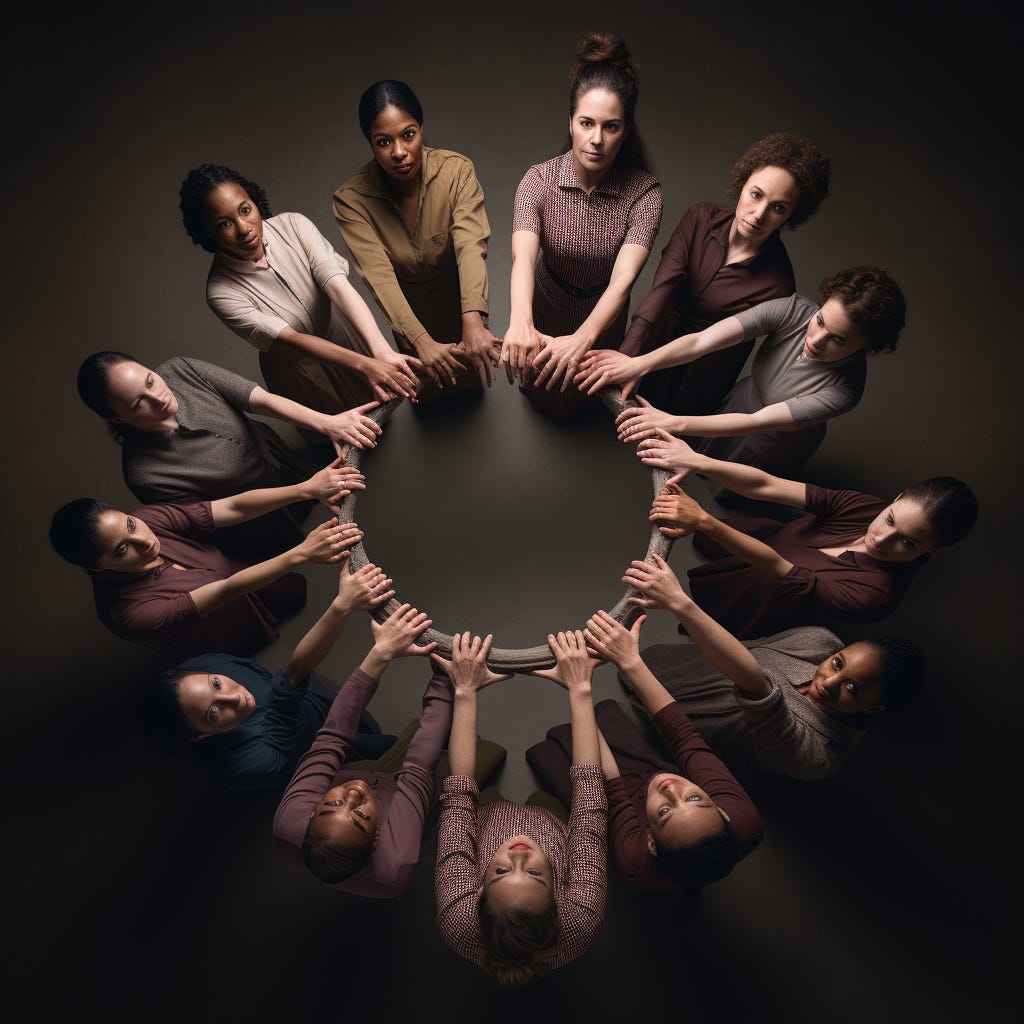The first step on any journey can be the hardest…
I am so grateful that you have made a choice to reach out and see if this community space can help you on your recovery and future growth. With 24 years of therapeutic experience, I am here to support you on your healing journey. As a Clinical Psychologist, Clinical Hypnotherapist, Jungian Life Coach, Expert Witness for Court and Spiritual Emergence Coach (Explore my psychological practice), I take numerous approaches to healing on a conscious and unconscious level. My experience as a Yoga and Meditation Teacher, Energy Healer, and Intuitive, allows me to bring a holistic approach to my work (Explore my holistic healing practice) , considering physical, mental, emotional and spiritual aspects to building resilience and turning wounds into wisdom. I am passionate about sharing knowledge and experience and feel we all have value to offer each other and can learn from every interaction we have. I regularly write for Elephant Journal, The Natural Parent and Om Yoga Lifestyle Magazine. I have also provided editorial consultation for producers on psychological topics in drama-based productions.
I have had moments of adversity in my own life that, without doubt, have led me down the path of a trauma specialism. I had pre-verbal body-based trauma emerging from the experience of having a father with a diagnosis of Schizophrenia and Alcoholism who had delusional thought processes leading him to wish to harm me and my mother. We uprooted to the other side of the world (Australia) to escape this situation. On one plane journey travelling, we were caught in a cyclone, interestingly called ‘Cyclone Tracy’ and although I’ve no verbal recall of this (simply my grandmother’s accounts) I have had body-based processing to do in therapy, in response to this.
Something we often do not think of, is our own experience of being born and what has been stored in the body from this. My delivery was via forceps, leaving a symbolic association of “When external help is given, pain is felt”. Once more, the body held this imprint, evidenced in a prior struggle I had with seeking support from others, the echoes of which may always be present. There have been some long-term relationships with less emotionally available men (who were on their own healing journeys), as is frequently the case, in situations of paternal loss.
My role as a mother brought birth trauma from two emergency Cesarean Sections with complications. Then, as a single parent for some time, I had financial challenges. I have had to learn about neurodiversity (Autism) on a personal level, when my youngest daughter was diagnosed and make a fast adaptation to homeschooling for her. I have more recently been diagnosed with ADHD myself (no real surprise). These symptoms can be more challenging in peri-menopause, as estrogen levels drop which reduces the presence of dopamine (our reward chemical), leading to more intense symptoms. For me, this has been complicated further by a horse-riding accident that fractured my spine this year and stopped me from exercising. Physical activity was my number one antidote to the challenges that ADHD can bring me.
My client work has exposed me to the extremes of trauma, working in forensic settings such as: Prisons, Low, Medium and High-secure hospitals along with Criminal, Family and Civil Courts. I have offered consultancy or therapeutic services for charities supporting victims of crime and also those who have taken an offending path in life. Within these settings, I work with survivors of rape, trafficking, domestic abuse, childhood abuse, satanic abuse, cult-based abuse, religious abuse, sexual assault, kidnapping and family loss through murder. My work with offenders (some of whom may be victims themselves but certainly not all), helps not only to reduce risk for future offending for those individuals, but also helps us gain knowledge of why human development can go so wrong, providing foundations for future change. I have found that my understanding of the underlying motives and backgrounds of offenders can often help those processing trauma to work through patterns of self-blame in their traumatic experiences. Similarly, my understanding on the impact of perpetrator actions upon survivors can help expose offenders to having to connect with victim empathy - a protective factor to future crime. This is quite different for one sub-type of offenders - those with a diagnosis of psychopathy - Here empathy exposure is avoided due to the functioning of this personality type. The egocentric nature of the formation of self, leads to empathy training creating a stronger way to connect with potential victims - thus increasing risk. Consequently, treatment in this case is a different process, with a focus on a “What’s in it for me?” enabler for change. I also work with single-incident trauma such as accidents, stranger-based physical assault, birth trauma, sudden loss including pregnancy and infertility, sudden illness, and brain injury.
The common theme in all of my work is being a voice for the unheard, and the containment and reintegration of fragmented parts of self in others, to help them take back the pieces and rebuild in a way that makes sense for them. Creation of a coherent narrative is essential for recovery. Integration only being possible once safety is established.
My journey has taught me that healing begins in the body. We must balance the nervous system to be in a state of safety, before any work with thoughts and feelings or any attribution of meaning to develop a narrative to our story. If we don’t feel safe, we adapt to the environment and are not able to grow from our original blueprint of self (perhaps conceptualised as our soul essence). Instead, we develop a conditioned adaptation of self that is necessary for survival and is formed of introjected parts of the thoughts, feelings and behaviours of those around us.
Somatic body-based approaches are so key to effective healing, as the moment we experience a traumatic event there is a disconnect between mind and body. A dissociation, that keeps us held in a time machine, rooted in the past. It is so important that that we teach generations to come, the value of body-based practice to regulate the nervous system and expand the window of tolerance to stress. Aligned to this view, I have a children’s fiction book, that has recently been published called ‘Word Worries” that delivers this message of how to begin to balance the nervous system at an early age, to build resilience.
My aim in this space, is to share my personal and professional experiences to offer resources and guidance, especially for those who are not able to access direct therapeutic input to aid their recovery and ongoing growth. An appointment with a private Clinical Psychologist can range from, £80-£250 plus, per hour. Here, my fortnightly Q&A sessions (26 a year) will allow paid subscribers to access me directly and gain my views on how best to help themselves overcome challenges. Paid subscribers will also benefit from access to informative ebooks, prompted self-print journals, recorded meditations and somatic movement and breathwork guidance. There will also be discounts to other workshops and group therapy and/or coaching programmes I may run along with bonuses offered if retreats are booked. Free subscribers will get access to some paid materials quarterly.
We know from research that co-regulation (the process by which we regulate our emotions in conjunction with others) plays a crucial role in maintaining and balancing a healthy and resilient nervous system. Community can help us make nurturing connections in our relationship to self and consequently others.
Like Group Therapy, the key advantages of engaging in like-minded communities includes:
1. Support and Validation: We can share our experiences, struggles, and emotions with others facing similar challenges. This can foster a feeling of belonging, reduce feelings of isolation, and boost self-esteem.
2. Shared Learning and Perspectives: Being part of a group exposes us to a diverse range of perspectives, insights, and coping strategies. Learning from others' experiences and observing different approaches to similar issues can broaden one's own understanding and repertoire of skills.
3. Social Interaction and Connection: An opportunity for social interaction and connection, which can be especially valuable for those who may feel socially isolated or have difficulty building relationships. Building meaningful connections within the group can improve social skills, enhance empathy, and create a sense of worth.
4. Feedback and Accountability: Within a community, members can provide constructive feedback, challenge unhelpful thought patterns, and offer gentle accountability if invited to do so. This feedback helps individuals gain new insights into their own behaviour, beliefs, and patterns, fostering personal growth and positive change.
5. Normalising Experiences: We can recognise that we are not alone in our struggles and given our experiences it is clearly no surprise that we have adapted to survive in the way we have. This normalisation reduces shame and self-judgement, fostering self-acceptance and self-compassion.
6. Cost-Effectiveness: Community based psychoeducation and support is more cost-effective than individual therapy since the cost of the time and knowledge of the practitioner is shared among members. This makes therapeutic resources and skills more accessible and allows us to receive ongoing support for a longer duration.
Whilst this community is not an alternative to direct therapeutic input, I appreciate that online information and self-help strategies are all that some people will have the opportunity to access. I encourage you all to let me know topics of interest you would like me to share knowledge on and to reach out with questions around how best to apply any learning to your day to day lives.
So let’s join together here to gain wisdom, not only from our own wounds but those of others too. This way, our healing is not only for us, but can spread outwards like an ink blot on a page, seeping through to the pages before and after, creating cross-generational change and a chance to rewrite our endings.







